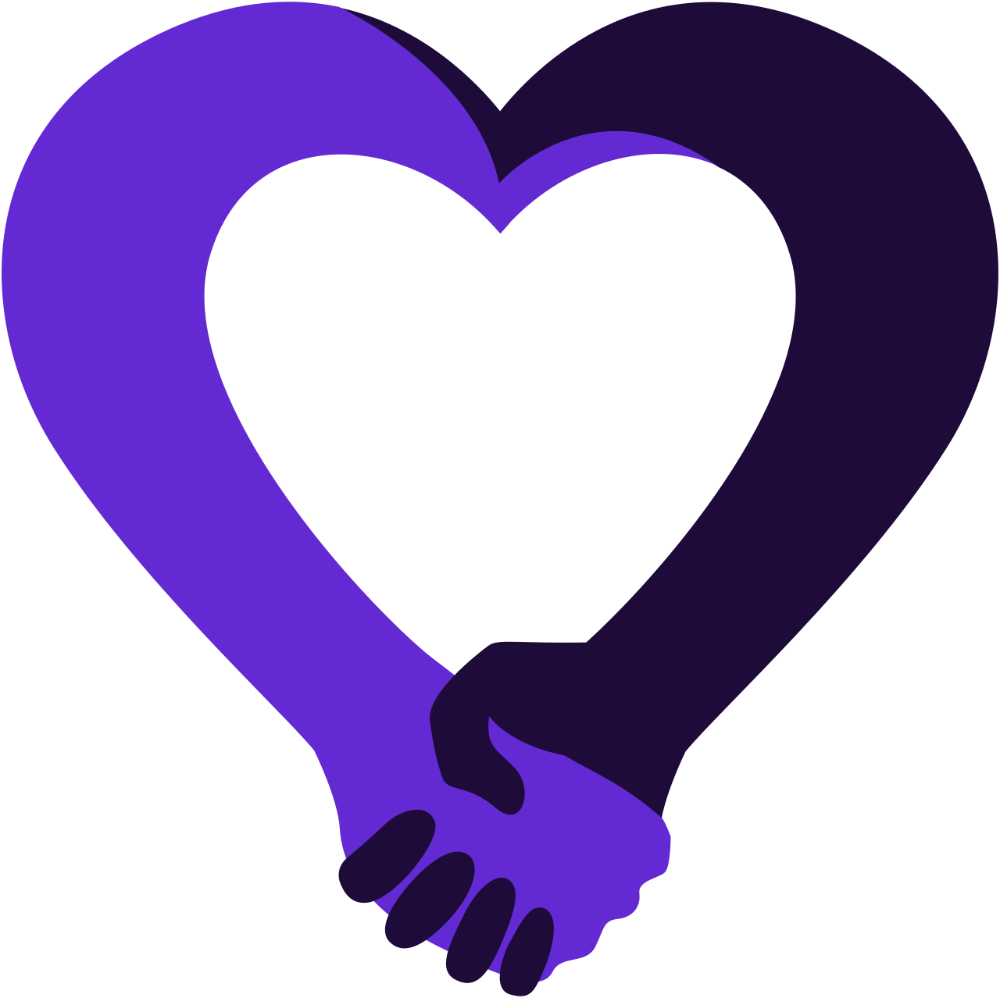What kids really hear when we say, “Be a big kid"
Jul 01, 2025
Welcome back to the "Say this/Not that" series. I began this series as a fast way for educators and families to empower the vocabularies and self-esteem of their young ones. I know we’re all busy, so it’s just one word (or phrase) a day. That’s really all it takes.
Every day, our kids are creating meaning from the things we say, hear others say, and what they learn to say to others and themselves. And sometimes, what sounds like encouragement can actually feel like pressure.
Let’s talk about one of those common phrases today:
“Be a big boy.”
“You’re a big girl now.”
These words sound sweet. But when you really break them down, they send confusing messages:
-
“Don’t cry.”
-
“Don’t ask for help.”
-
“You’re too old for that.”
We mean to empower. But what kids hear is that they must perform strength and hide their needs.

Why this matters:
Dismisses Feelings
This phrase is often used when adults want a child to stop crying, whining, or acting out. But instead of guiding them, it can feel dismissive, like their feelings are too much. And to a young child, being called a "baby" can feel like the worst kind of insult. Don't use this against them.
Reinforces Harmful Gender Stereotypes
Telling boys to “be a big boy” often implies toughness and ignoring how they feel. For girls, it can mean being quiet, helpful, or emotionally reserved. It’s not just outdated, it’s limiting and harmful, especially to kids exploring identity or gender roles. And there's research! You know I'm all about that data!!
Research shows peer reinforcement of gender stereotypes starts as early as preschool.
Creates Confusion
“Act big” is vague. Kids don’t know what you mean and research supports that specific guidance is far more effective. Bottom line, instead of using this manipulative language (Yep, that's what it is), say what you mean and mean what you say.


How to Talk About It (By Age)
Ages 3–5
This age still relies heavily on external feedback, but you can begin laying the foundation by modeling self-pride:
“You worked so hard! How do you feel about that?” “I’m proud of you. Are you proud too?”Ages 6–8
Children begin to internalize more. This is a great time to help them reflect on how their effort felt:
“That took focus! You kept going even when it got tricky. How did that feel inside?”
Ages 9+
At this stage, we can go deeper into building intrinsic motivation and recognizing self-growth:
“You really stretched yourself there. What part are you most proud of?” “I love how you noticed your own progress. That’s what growth feels like.”
☑️ A child who hides emotions to seem “older”
☑️ Shame after accidents or mistakes
☑️ Fear of expressing vulnerability
☑️ Over-apologizing for needing help



